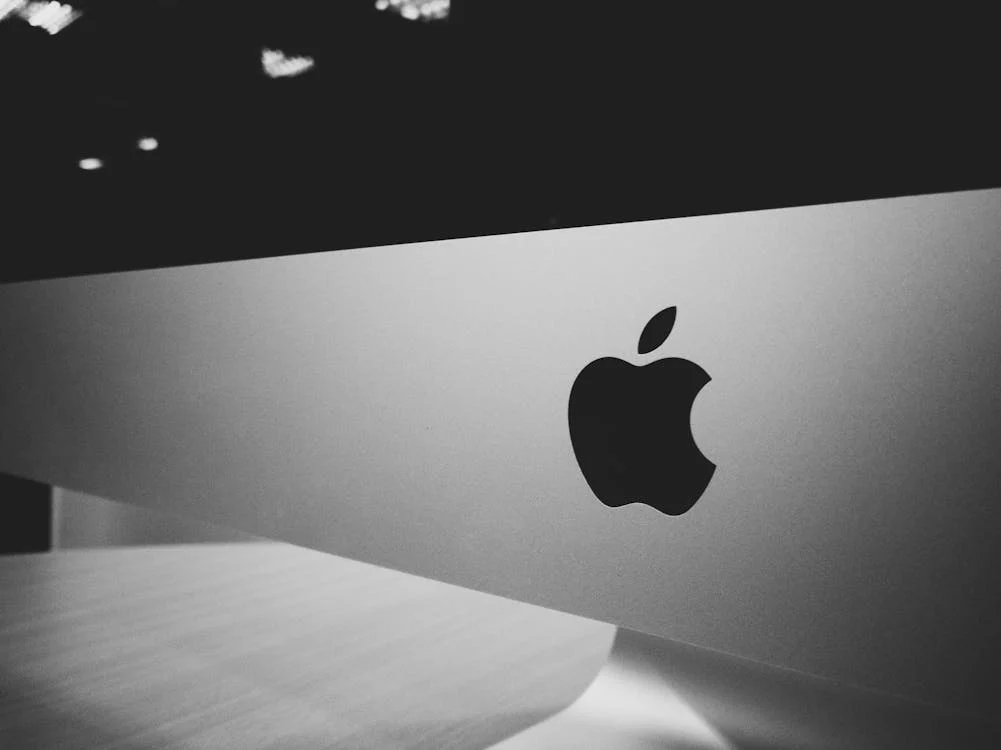- Apple collaborates with Google to enhance Siri’s functionality through advanced AI technologies.
- The partnership aims to leverage Google’s expertise in AI and machine learning to bolster Siri’s performance and responsiveness.
- By joining forces, Apple and Google seek to elevate the user experience, providing more accurate and intuitive interactions with Siri across Apple devices.
OUR TAKE
While synergistic alliances promise transformative advancements, the implications for market dynamics and user privacy warrant vigilant scrutiny. As innovation unfolds, the nexus between industry titans shapes the trajectory of AI innovation, offering both promise and peril on the quest for digital supremacy.
—Dudu, BTW Reporter
Apple‘s CEO, Tim Cook, unveiled a groundbreaking collaboration with OpenAI during Monday’s presentation, amplifying Siri’s prowess with advanced artificial intelligence. Yet, beneath the surface, Apple’s technical blueprint revealed an unexpected ally: Google.
Apple’s strategic alliance
Apple’s recent alliance with OpenAI marks a significant step in enhancing Siri’s AI capabilities, promising users a more intuitive and responsive experience. However, hidden within Apple’s technical documentation lies a pivotal revelation: the integral role of Google’s infrastructure in bolstering Apple’s AI endeavours.
Also read: Apple shares surge as AI innovations promise iPhone sales boost
Also read: Apple WWDC 2024 day 2 highlights
Technical foundation
Behind Apple’s AI framework lies a blend of proprietary software and hardware. Notably, Apple harnesses its on-premise GPUs alongside Google’s cloud-exclusive Tensor Processing Units (TPUs) to construct AI models. Google’s TPUs, honed over a decade, offer unparalleled performance for AI training, rivalling Nvidia’s H100 AI chips.
Future prospects
Google’s ongoing innovation in hardware is evident with the imminent launch of its sixth-generation TPUs, poised to redefine AI computing standards. These processors, custom-built for AI applications, underscore Google’s commitment to advancing AI technology.
Market implications
While Apple and Google have yet to comment on the extent of their collaboration, industry watchers speculate on the strategic implications. Integrating Google’s chips into Apple’s AI infrastructure may herald a paradigm shift in the AI landscape, with potential repercussions for competitors like Nvidia.
Cloud dynamics
Utilising Google’s TPUs necessitates accessing them through Google’s cloud services, akin to purchasing computing resources from industry giants like AWS or Azure. This reliance on Google’s cloud division raises questions about Apple’s long-term cloud strategy.
Opinions
Apple’s strategic alignment with Google in AI development signifies a pragmatic approach to leveraging industry expertise. Collaborative efforts between tech giants pave the way for groundbreaking innovations, enriching consumer experiences. However, concerns linger regarding Apple’s dependence on Google’s cloud infrastructure, prompting scrutiny over data security and competitive dynamics within the tech ecosystem.

